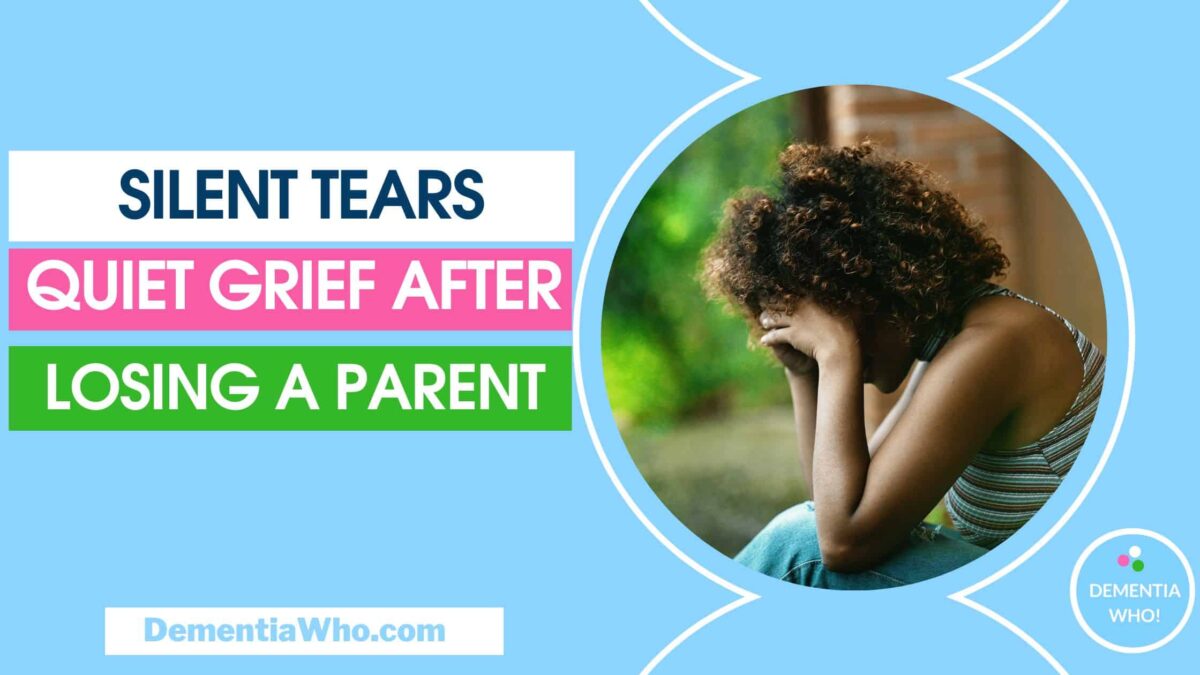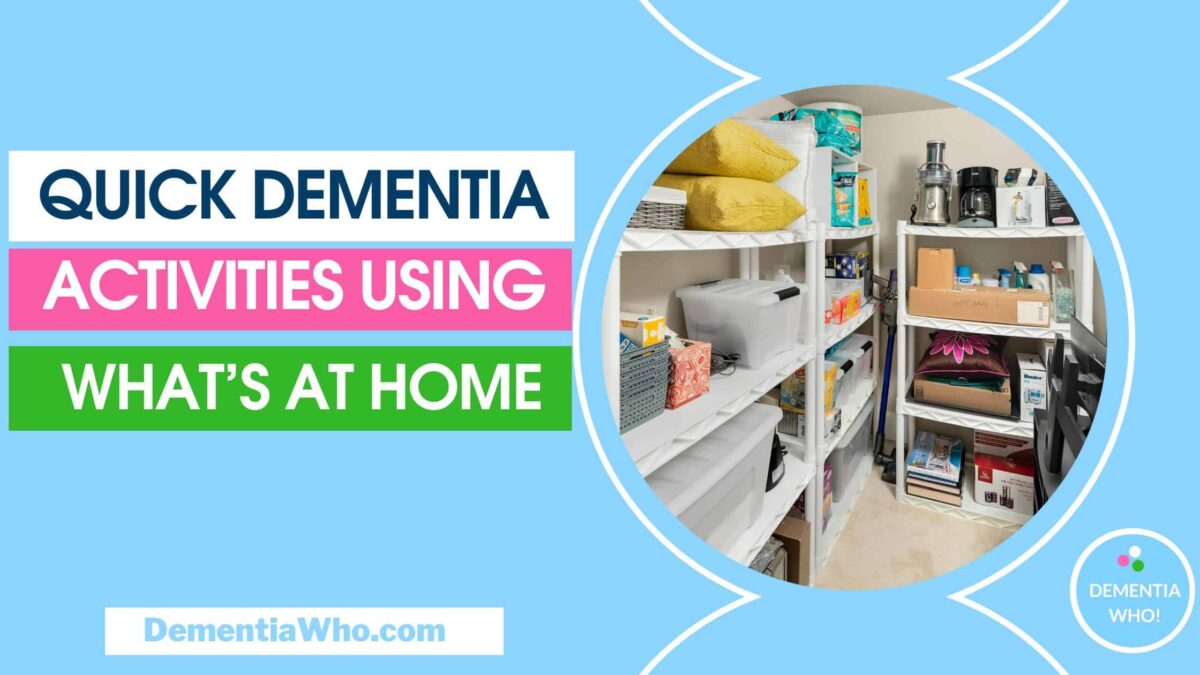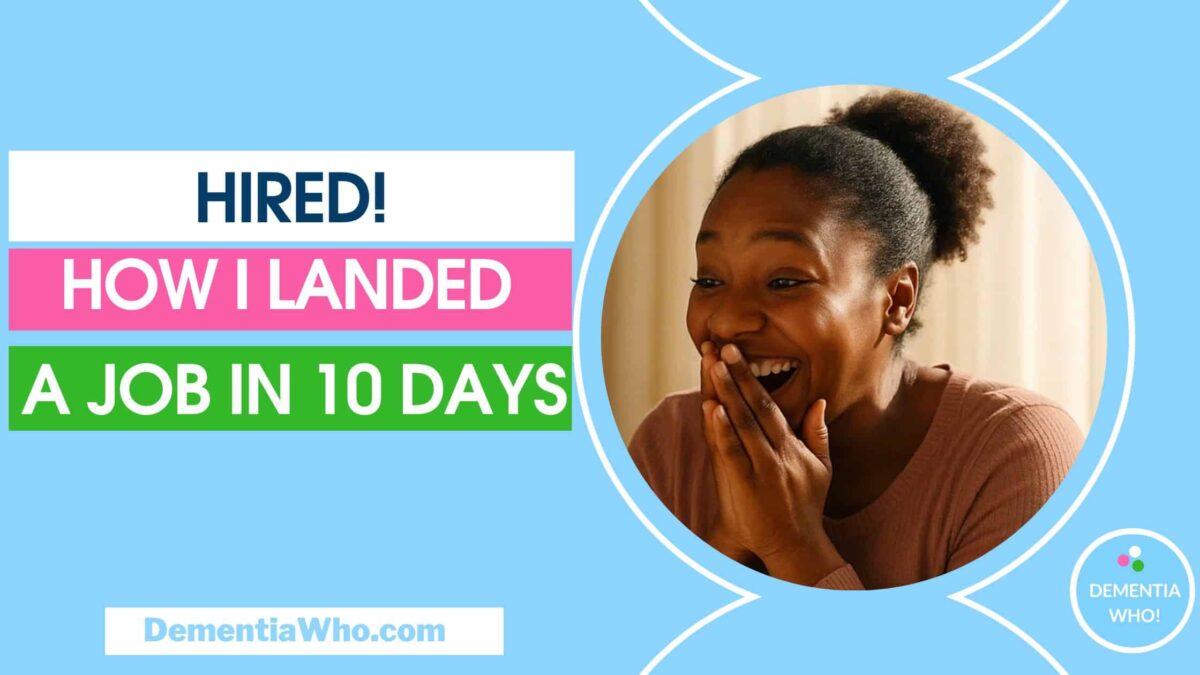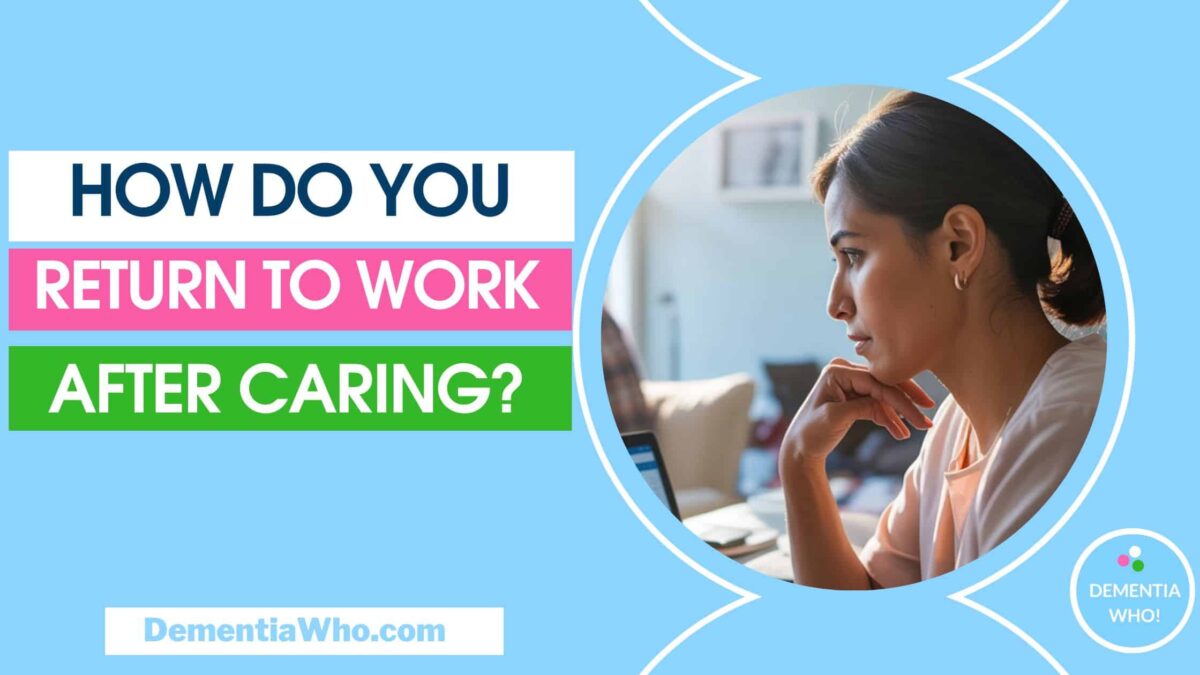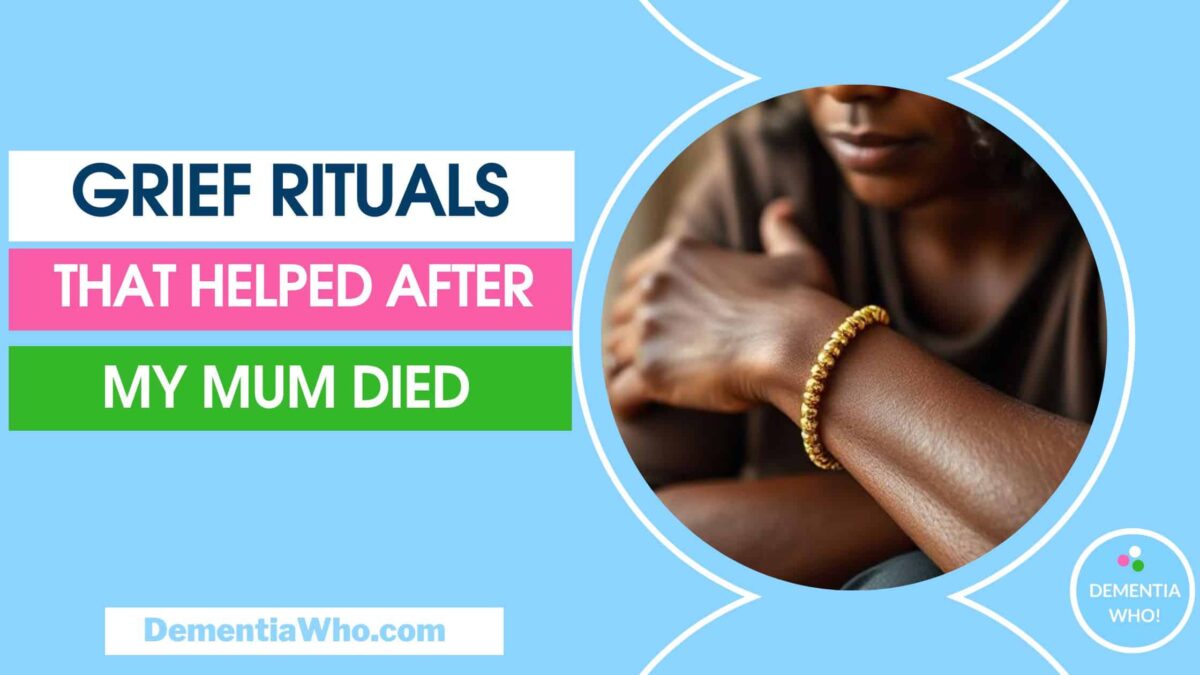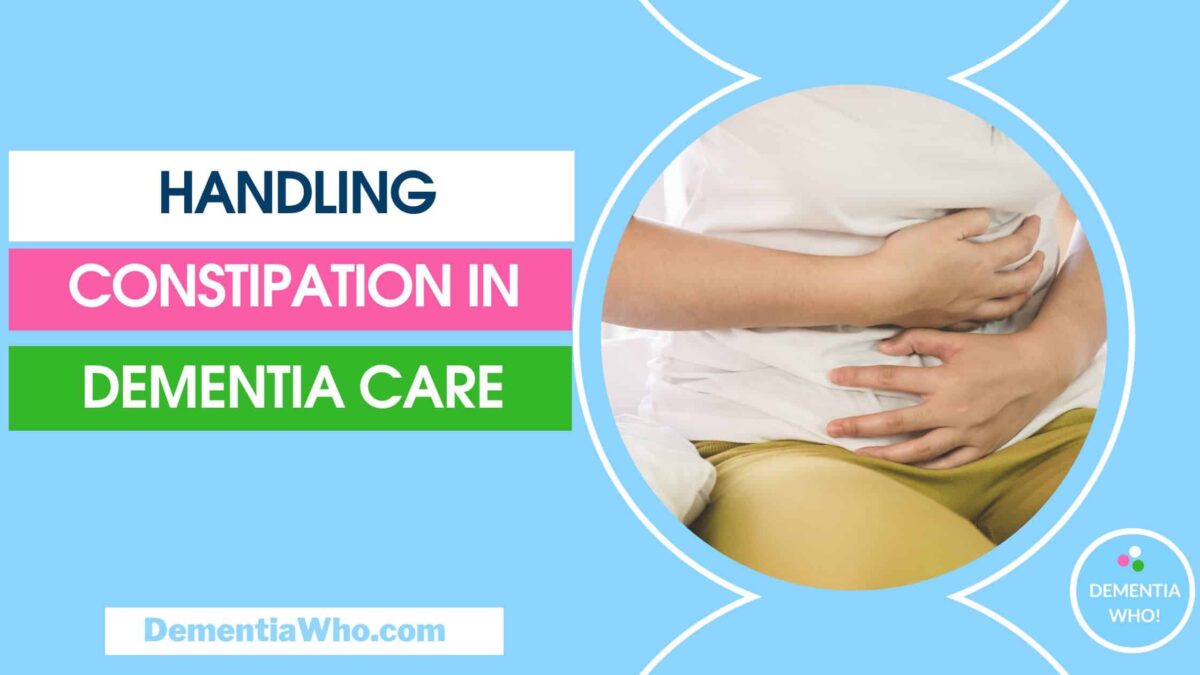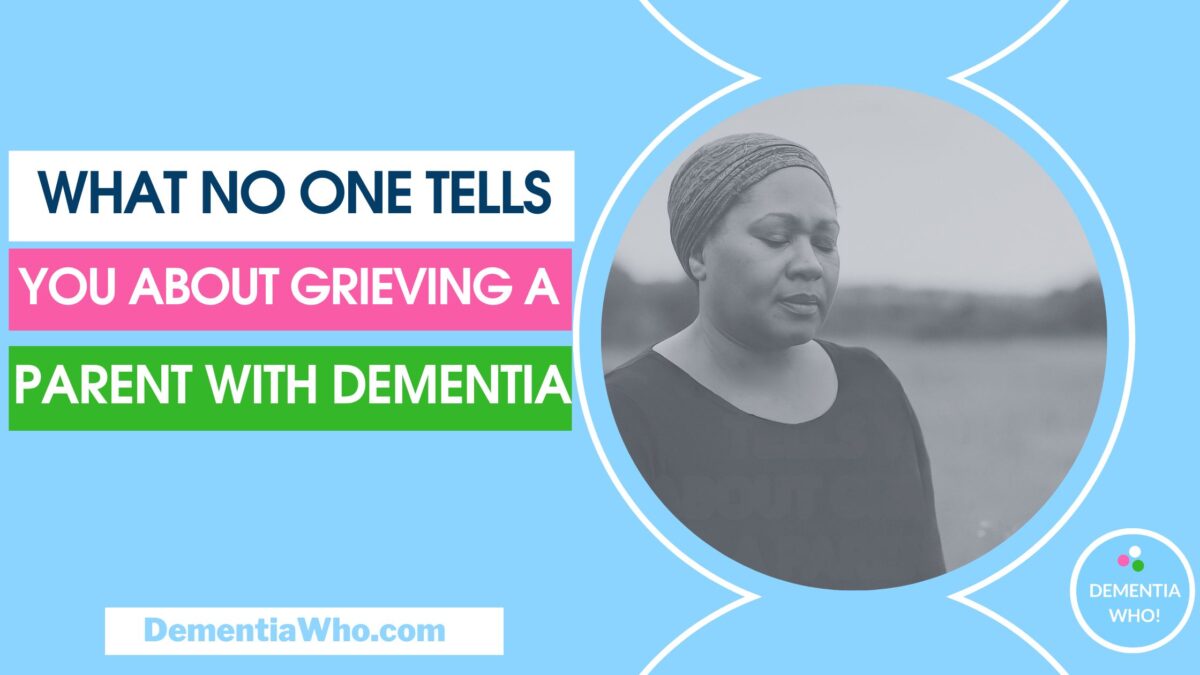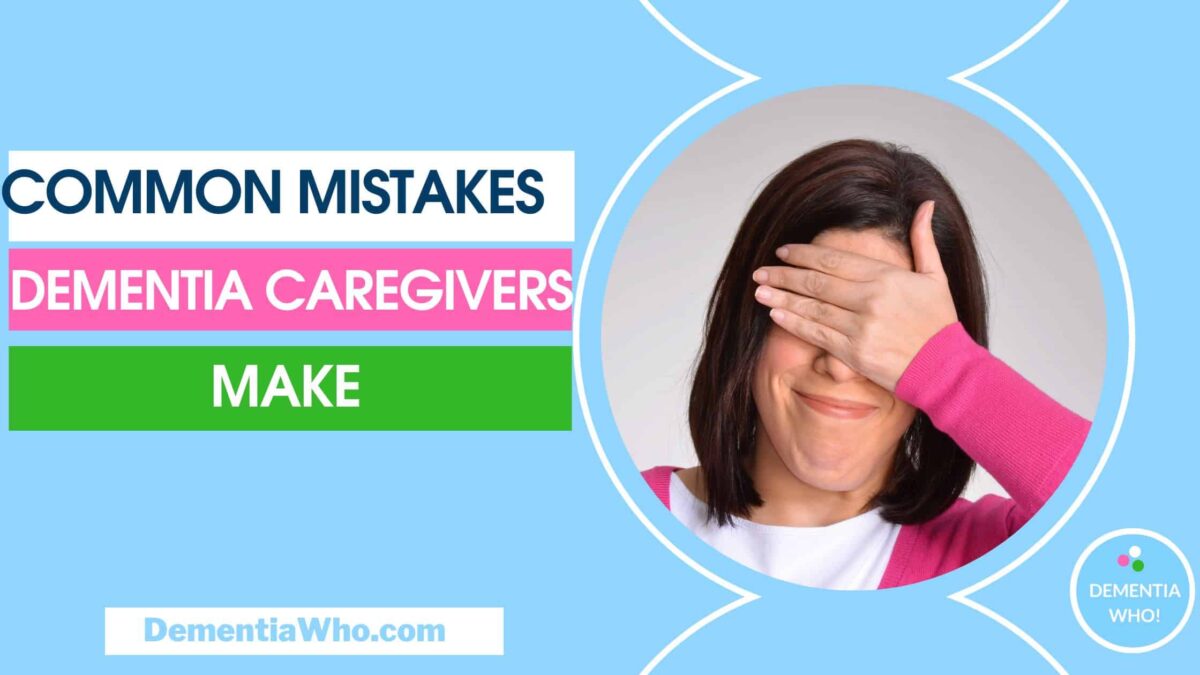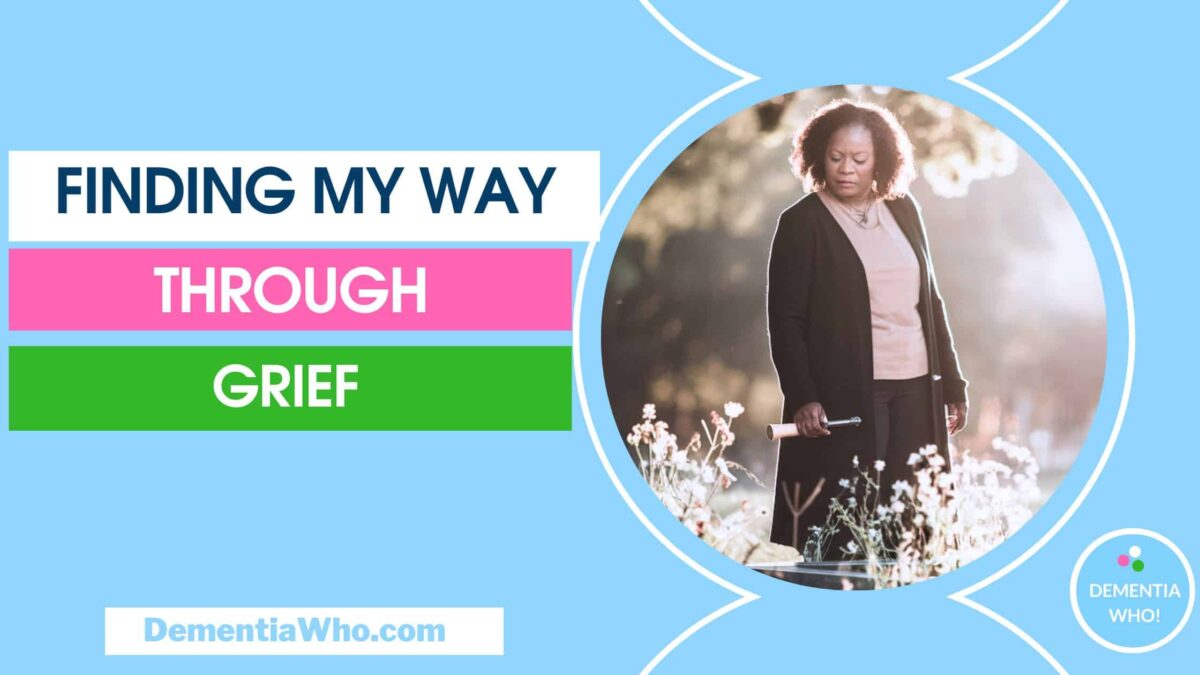This is a simple guide on the benefits/discounts for someone with dementia and their carers. It’s to help you check ‘Are you getting the right financial support for dementia?’ss
Form filling is a nightmare world for carers and those with dementia. So many forms can be exhausting, time-consuming, and so complicated that we either don’t do them or give up through the process.
But, that’s not all – would it surprise you to learn that the majority of us don’t even know what we can claim? Many carers and those living with dementia are unaware of the financial benefits available to them.
Costs are increasing, and those benefits are there for a reason! Wouldn’t that little bit of extra cash help?
You are entitled to it! You have dementia, a disability, or you’re caring for someone with dementia. With any other illness, you would get much more support. Instead, we’re seen as social care, so I urge you to claim what you’re entitled to!
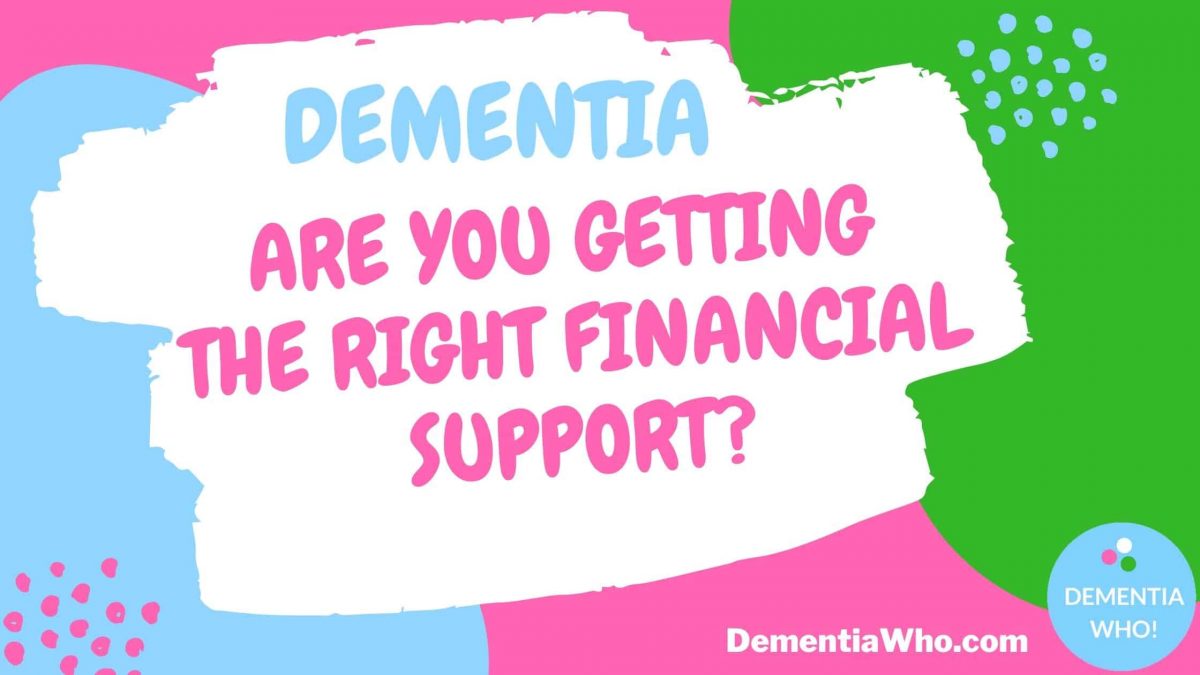
Don’t forget to subscribe if you like this blog
Over the last few years, the focus has been on getting people entitled to Pension Credit because it became linked to free TV licenses for those over 75 yrs old.
Pension credit is a means-tested top-up benefit for those on low income who have reached state pension age. Age UK has great Pension credit advice | Age UK or refer to the GOV-UK Pension Credit for more info.
It’s well worth checking out if you’re on a low income as it provides other benefits like the TV license, free dental treatment etc.
But what about the other available benefits or discounts that specifically refer to a disability or dementia?
Let’s have a look!
A. Benefits for the Person Being Cared for
#1 – Personal Independence Payment
- Personal Independence Payment has replaced Disability Living Allowance (DLA) for those who have claimed or wish to claim a disability benefit when of working age (16-64 inclusive).
- It’s aimed at providing support for people who have difficulty with moving around or daily living due to a disability.
- The money is used to help with the extra costs involved.
- It’s tax-free, not means tested, so it doesn’t matter how much income or savings you have, and you still get it with most other benefits!
- PIP is intended to help with longer-term disability needs and not short-term issues. To qualify, you need to show appropriate daily living and or mobility needs for a period of at least three months prior to the date, you claim PIP (unless you’re terminally ill)
- For those 65 or above, any new claim would only be for Attendance Allowance. If you’re approaching 65 yrs old speak to an advisor as to whether you should claim PIP or AA as you may be better off claiming PIP.
- If you feel you should be awarded but fail to be, then appeal you have one month from the date of notice to appeal via a Mandatory Reconsideration (internal review) and if that fails, a further month to appeal to a tribunal (external review). Discuss with your advisor as the best option for you as the process is gruelling, dehumanising and fraught, but if you believe you’ve been unfairly assessed and your advisor agrees – you have a good case appeal!
- With PIP, I urge you take advice from support organisations to help you complete the forms (Citizens Advice, Age UK, your local carer’s organisation etc)
- For further information and how to apply PIP GOV.UK website
#2 – Attendance Allowance
- Attendance Allowance (AA) is a benefit for people at or above state pension age who either have a severe physical or mental disability that makes it hard for you to look after yourself
- A lot of people are eligible for this benefit but again don’t know about it
- It doesn’t cover mobility like PIP or DLA, but it isn’t means tested
- It’s also a gateway to getting help through other benefits or discount schemes
- And if you have someone looking after you, they may be able to claim Carers Allowance now
- It’s available at 2 rates £60 or £89.60 a week depending on your care needs, AND is on top of your state pension!
- For more info, refer to GOV UK – Attendance Allowance
- You can use the money for anything YOU need or want.
- If you’re worried about the form Age UK is a great organisation to help you complete them; they even offered (pre-pandemic to come to our home and help us complete it!). Citizens Advice and others can also help.
#3 – Armed Forces Independence Payment
- This is a payment for Armed Service Personnel seriously injured during military service to help towards the extra financial costs of their injury who have an Armed Forces Compensation Scheme (AFCS) Guaranteed Income Payment (GIP) which is in Band A – C
- It’s paid at the same combined rates of PIP (Daily & Mobility component)
- For more info GOV UK – Armed Forces Independence Payment
B. Benefits for the Carer
#1 – Carers Allowance
- Carers Allowance is a benefit paid to ONE carer for looking after you, currently set at £67.60 a week
- They don’t have to live with you, but they need to help you for a minimum of 35 hrs a week
- You have to receive a qualifying benefit like Attendance Allowance, PIP, DLA etc
- The carer needs to earn less than £128per week and not study more than 21 hours a week
- In Scotland, you will also get an extra payment called a Carers Allowance Supplement paid twice a year
- Always check if it will impact the benefits of the person being cared for before deciding to apply, e.g Severe Disability Allowance
- For more information on Carers Allowance eligibility and how you can apply –Carer’s Allowance – GOV.UK
#2 – Carers Credit
- I missed out on this for several years, unaware that I could claim whilst not working and caring for mum. At the time, mum wasn’t eligible for the qualifying caring benefit (PIP/DLA) for me to apply for carers allowance.
- Carers Credit is a “National Insurance credit that helps with gaps in your National Insurance record. Your State Pension is based on your National Insurance record”
- You have to be caring for someone for at least 20 hours a week
- It’s very important to maintain your National Insurance Contributions. We already know that unpaid carers will already be financially worse off due to their role; protect your pension by applying for this!
- If you’re getting Carers Allowance, then you don’t need to claim this
- Find out more about it here – Gov.UK – Carers Credit
#3 – Carer Premium
- Carer Premium is a top-up benefit when you have an underlying entitlement to Carers Allowance but may not be getting it
- It’s also sometimes referred to as Carers Addition or Carers Element
- It can top up existing benefits, e.g Universal Credit
- Even the State Pension can have an additional Carer Element on top if you’re entitled to Carers Allowance
- You qualified for a Carer Premium as long as you’re eligible for Carers Allowance and made a claim even if you don’t get it.
- This is one where you are best to speak to an advisor to make sure you claim it without impacting your other benefits. Especially where you only get a small amount of Universal Credit because you may lose other benefits associated with Universal Credit like free school meals or the amount is added to your means-tested benefit and pushes over a threshold.
- For more info, talk to Citizens Advice, Age UK, Law Centres etc – the government website doesn’t cover all the possible scenarios
C. Discounts for both those being cared for and their carers
#1 – Council Tax – Disregard, Exemptions & Discounts
- You can be disregarded for council tax purposes if you are classed as having a severe mental impairment (SMI) – which includes dementia.
- How it impacts your council tax bill will depend on the number of people living in the house.
- If you live alone, you will be exempt from council tax
- If you have a live-in carer only, they can be disregarded for council tax purposes if they meet the eligibility criteria
- Your carers’ property can also be exempt from Council Tax if they’ve left their home empty to care for you
- If you live with 1 other person who is eligible to pay council tax, you’ll get a 25% single-person discount
- If more than 2 people live in the house who are eligible to pay council tax, then there is no discount
- The most important thing is to be aware of it and apply for it as soon as possible. Some will backdate to the start of diagnosis, others only for a limited time. It’s a mess, a postcode lottery!
- Some local authority council tax departments will accept that you have an SMI if you’re claiming a disability benefit like PIP; others will require a certificate from your doctor
- Derek Brown is campaigning to change that with a parliamentary petition
- So that local councils are required for all over 65’s with an SMI diagnosis to receive a Council Tax discount at the point of GP certification and not required to prove they are entitled to a related benefit- sign his petition here
- In Wales -the process has been simplified, and a standard application form for Council Tax exemption/reduction for SMI can be downloaded and sent to your local authority’s council tax office
- There are many different options of disregards, discounts, & reduction schemes, so it’s best to contact your local Authority
- For more info on Council Tax Discounts – GOV UK – Council Tax
- The money Saving Expert website also has more details and some FAQs
#2 – Warm Home Discount Scheme
- The Warm Home Discount is a discount of £150 against your electricity bill from your energy supplier if you meet certain criteria on a specific date and is a participant in the scheme.
- Lots of people are unaware of this scheme or do not know that they can claim it
- You can find further information in this post on all the criteria – Warm Home Discount Scheme
#3 – Discounted Water Bills /Watersure
- If you have a water meter fitted, you may be eligible for a water discount capped at the average bill level for your area. The scheme offered depends on where you live.
- The eligibility criteria include being on certain benefits and why you have increased water usage
- which can include having a medical condition like incontinence or having a large family.
- The Consumer Council for Water (CCW) have put together a flowchart where you can check – ‘Are you eligible for WaterSure?’
- In Wales, they have the Watersure scheme managed by HyCymru Water Sure scheme or Welsh Water, details here
- In England, there are multiple water suppliers who run the WaterSure scheme, find out who your supplier is and the scheme they run via CCW website
- In Scotland, if you don’t have a meter, you may be exempt from water & sewerage charges if you are already exempt from paying Council Tax or get the same council tax discount applied to your water & sewerage charges e.g 25% single person discount. Scottish Water doesn’t offer any discount if you’re on a meter.
- In Northern Ireland -no discounts
#4 – Priority Register – Water Companies / Energy Suppliers
- This is not a discount, but something I think is useful to be aware of as carers or those with a disability
- Some water companies and energy suppliers operate a Priority Register for disabled people with long-term health conditions
- You may rely on using medical equipment, need support during power cuts, have a telecare system, use a hoist etc- all things that can be impacted by a disconnection
- Dementia is included as part of the vulnerable list, If you register, you could benefit from
- advance notice of supply interruptions
- priority for reconnection
- moving your meter if you can’t get to it safely
- having bills sent to a relative or carer to check etc
- Contact your local water company or energy supplier for more details
#5 – Winter Fuel Payments
- Winter Fuel Payments is an annual lump sum tax-free paid to older people in winter
- You can get between £100-£300
- You’ll get it if:
- you were born on or before 26 September 1955 and lived in the UK for at least one day during the week of 20 to 26 September 2021
- You’ll get it automatically if you get the state pension or another social security benefit. Otherwise, you will have to apply
- For more info GOV UK – Winter Fuel Payment
#6 – Disability Rail Card
- Get a 1/3 off train travel with a disability railcard for you and one other person.
- Eligibility criteria include benefits like PIP, DLA, Attendance Allowance, Severe Disability Allowance, if you’re visually or hearing impaired, and even if you’re part of the Motability scheme.
- You can read the full criteria and apply online at the Disabled Persons Railcard Website
#7 – Disability Bus Pass
- These are usually supplied through your local council for those over the age 60 or above or have a disability like dementia. They offer free or discount bus passes to individuals
- In Wales, you can apply via a central hub on Transport for Wales
- In Scotland, you can apply via your local authority for a National Entitlement Card (bus pass), check Mygov.scot website for further info
- In England, you need to contact your local council to apply for a bus pass. Find their details here at Gov.uk website
- In Northern Ireland, you can apply for a Smart Pass.
- Note: the bus pass is discounted, not free.
- It uses criteria based on whether you are eligible for PIP, for more info, check out the NIDIRECT GOV website
#8 – Blue Badge Scheme/Permit
- A Blue Badge permit allows users to park their cars closer to their locations, in disabled parking bays and be exempt from some parking restrictions etc
- You automatically qualify if you are blind, or have a higher rate of DLA, get PIP at certain scores, receive War Pensioners’ Mobility Supplement, or are on the Armed Forces Compensation scheme
- In 2019 new guidance was issued on applying to the Blue Badge Scheme
- Individuals with hidden disabilities like dementia could now apply for a Blue Badge
- It’s up to the local authority to decide if you meet the eligibility criteria defined
- Find out more about the Blue Badge Scheme from your local council here
Phew, you made it! That’s it! I hope you found something that could help. It’s not an exhaustive list, so let me know if you have any suggestions. Don’t forget to get professional advice before making changes to existing benefits or applying for new ones from organisations like Citizens Advice, Age UK, Turn2Us, Carers Trust etc
So are you getting the right financial support?
Don’t forget to sign up for my next post!

